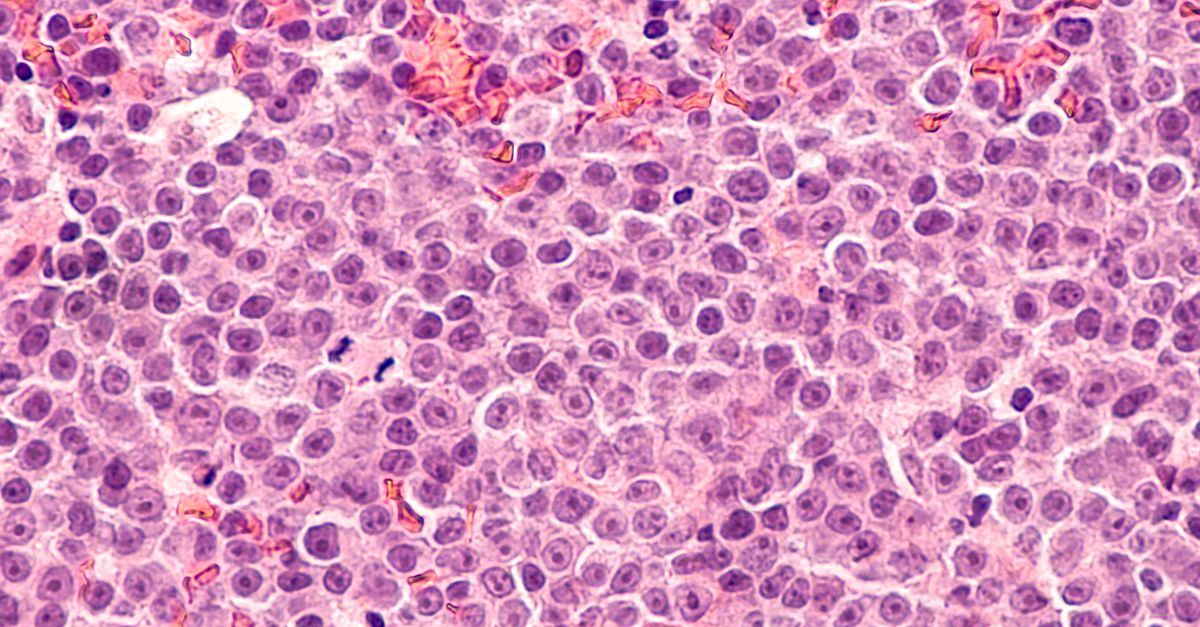MorphoSys AG announced the combination of the CD19-targeted antibody tafasitamab with lenalidomide resulted in a statistically significant improvement in best objective response rate (ORR) compared with a real-world data-matched control cohort of lenalidomide alone in patients with relapsed/refractory diffuse large B-cell lymphoma (DLBCL). This announcement was based on results from the retrospective observational matched-control cohort study Re-MIND, which compared real-world data from 490 transplant-ineligible patients with relapsed/refractory DLBCL receiving lenalidomide monotherapy to results from the single-arm phase II L-MIND trial, which evaluated tafasitamab in combination with lenalidomide in 80 patients with relapsed/refractory DLBCL. The ORR with tafasitamab and lenalidomide in the L-MIND trial was 67.1%, compared with 34.2% for lenalidomide monotherapy in the Re-MIND real-world cohort (P <.0001). Combination tafasitamab and lenalidomide also resulted in a significant improvement in median overall survival (OS) compared with lenalidomide monotherapy (not reached vs 9.3 months; hazard ratio 0.47; P <.0008). Full data from this study will be presented at the 2019 American Society of Hematology Annual Meeting.
High Altitude: Comparing single-arm phase II trial data to retrospective real-world analyses is an emerging approach to new drug development. MorphoSys is expected to submit these data to the US Food and Drug Administration (FDA) by the end of the year for consideration. It will be interesting to see if the FDA will consider these data sufficient for approval, or if it will require a full phase III trial, as approval based on the L-MIND/Re-MIND comparison could set a precedent for drug development in the future.
Ground Level: New treatments are especially meaningful to community oncologists for high-need patient populations such as transplant-ineligible relapsed/refractory DLBCL. The data for tafasitamab and lenalidomide represent an advance beyond what is currently available in this population. Community clinicians will want to watch for full results from this trial and a decision from the FDA in 2020.

